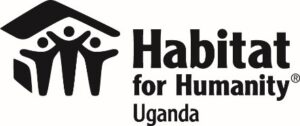
INTEGRATED WASH AND CLIMATE RESILIENT LIVELIHOODS FEASIBILITY STUDY
BACKGROUND
Habitat for Humanity Uganda plans to implement an integrated community resilience project to contribute to improved health, dignity, and climate resilience through sustainable access to safe water, improved sanitation, hygiene behavior, and inclusive livelihood opportunities for vulnerable populations in Namayingo & Kumi districts. This initiative contributes to several Sustainable Development Goals (SDGs) by addressing key development challenges in Namayingo and Kumi districts. It contributes to SDG 6 by improving access to clean water, adequate sanitation, and hygiene services; SDG 13 by enhancing community resilience to climate shocks such as drought and erratic rainfall through climate-smart WASH and livelihood strategies; SDG 1 by reducing poverty through improved basic services and sustainable income-generating opportunities; SDG 8 by supporting decent work and economic empowerment, particularly for youth and women; SDG 11 by strengthening inclusive, resilient community infrastructure and governance systems; and SDG 5 by promoting gender equality through menstrual hygiene management, gender-sensitive WASH facilities, and the inclusion of women and girls in leadership and decision-making.
PURPOSE OF THE FEASIBILITY STUDY
The feasibility study aims to determine the technical, financial, environmental, and social viability of implementing an integrated WASH and livelihood resilience project; by assessing the viability of achieving the intended project outcomes including enhancing access to safe and sustainable water supply for underserved communities, improving community behaviors and practices of sanitation and hygiene, increasing households’ resilience to the adverse effects of climate change through adaptive WASH strategies and sustainable livelihood practices and strengthening Institutional and Local Capacity for WASH Sustainability in Namayingo and Kumi Districts. It will examine how conducive the current sectoral conditions, community capacities, institutional frameworks, and regional contexts are to achieving these outcomes. In doing so, the study will also explore design and implementation parameters-including delivery models, technology suitability, community engagement approaches, and mechanisms for sustaining behavior change and livelihood resilience.








 August 15, 2025
August 15, 2025  Kumi, Namayingo
Kumi, Namayingo  Consultancy
Consultancy